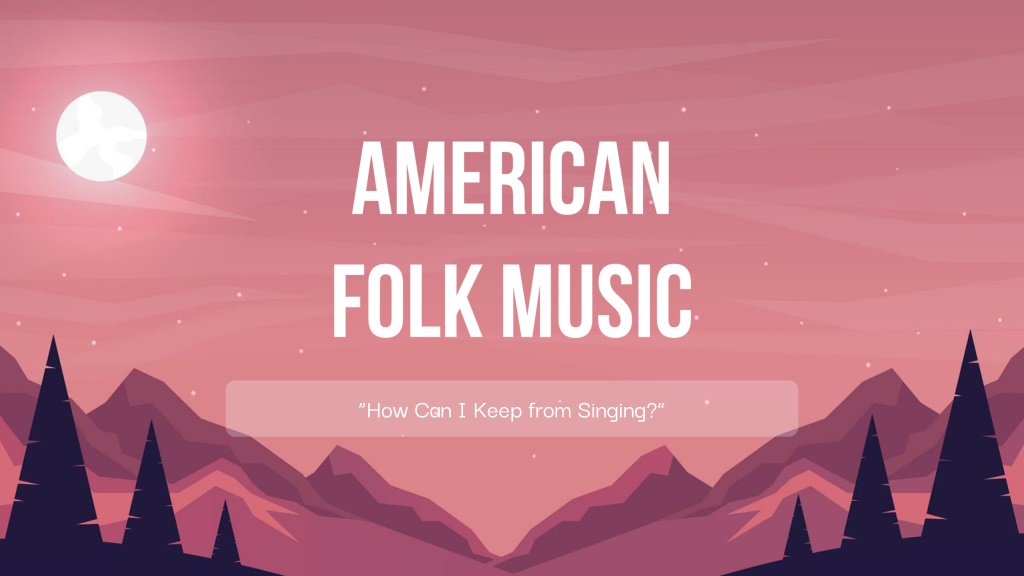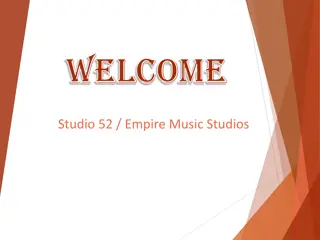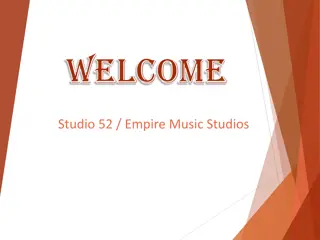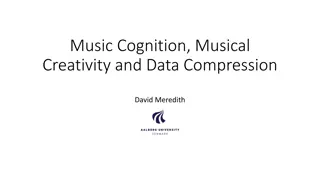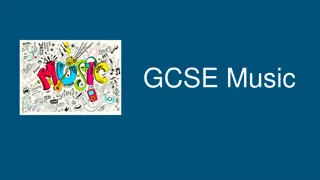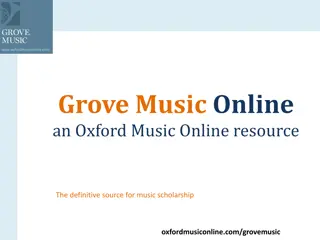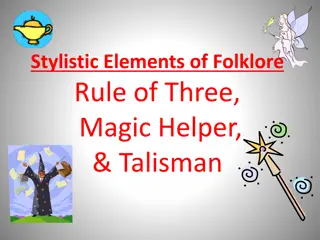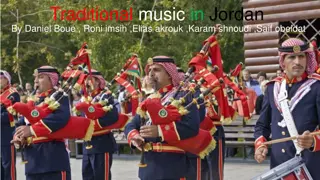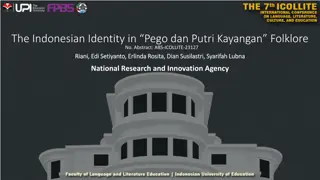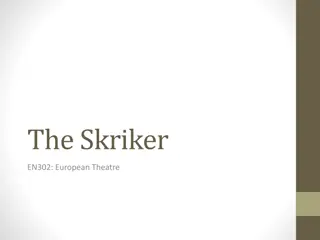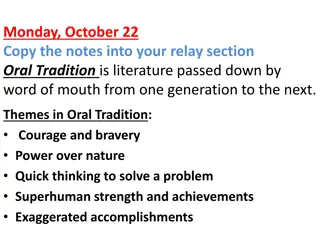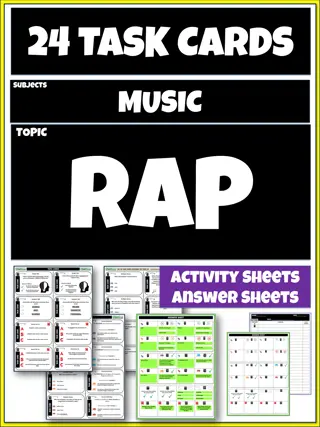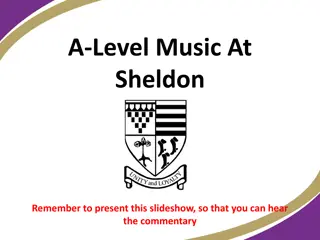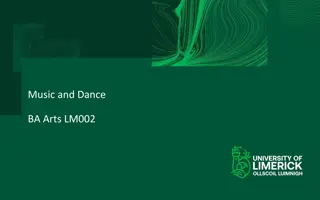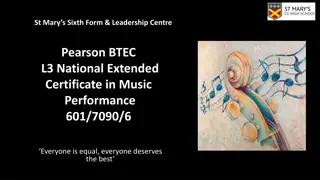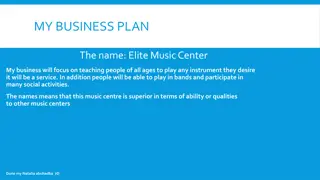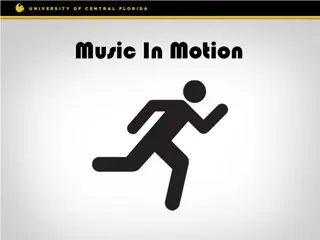Exploring the Folklore and Music of the 1800s
Dive into the rich traditions and customs of the uncultured classes as defined by William Thoms in 1846. Discover how the low literacy rate in the 1800s led to the significance of memorization and the use of music to convey religious imagery. Explore the various musical instruments like guitars, banjos, violins, and more that were prevalent during that time. Delve into the poetic structure of songs with their binary (AABB) format and simplified language covering topics of tragedy, humor, and love. Uncover the rhetorical questions and lyrical verses that question the essence of singing amidst trials and tribulations, keeping the spirit alive against all odds.
Download Presentation

Please find below an Image/Link to download the presentation.
The content on the website is provided AS IS for your information and personal use only. It may not be sold, licensed, or shared on other websites without obtaining consent from the author. Download presentation by click this link. If you encounter any issues during the download, it is possible that the publisher has removed the file from their server.
E N D
Presentation Transcript
William Thoms, in 1846, defined folklore as the traditions, customs, and superstitions of the uncultured classes.
Literacy rate was low in the 1800s, making memorization necessary. Repetition is key. Songs often contain religious imagery about overcoming trials. Guitars, banjos, violins, spoons, washboards, flute, etc. -- musicians were always ready to sing and play in gatherings. Typically found in Appalachia but not exclusive to this area. Others include Cajun, African-American blues, gospel, etc. Binary (AABB) in poetry these are called couplets; often employs dialogue; simplified language; topics cover include tragedy, humor, love.
How Can I Keep from Singing?
The purpose of using a rhetorical question is to get the audience thinking about the topic in different and complex ways.
My life flows on in endless song; Above earth s lamentation. I hear the sweet, tho far-off hymn That hails a new creation; Thro all the tumult and the strife I hear the music ringing; It finds an echo in my soul-- How can I keep from singing?
My life flows on in endless song; Above earth s lamentation. I hear the sweet, tho far-off hymn That hails a new creation; Thro all the tumult and the strife I hear the music ringing; It finds an echo in my soul-- How can I keep from singing?
What through the tempest loudly roars, I hear the truth, it live th What through the darkness round me close Songs in the night it give th No storm can shake my inmost calm While to that rock I m clinging Since love is lord of Heaven and earth How can I keep from singing?
What through the tempest loudly roars, I hear the truth, it live th What through the darkness round me close Songs in the night it give th No storm can shake my inmost calm While to that rock I m clinging Since love is lord of Heaven and earth How can I keep from singing?
What through the tempest loudly roars, I hear the truth, it live th What through the darkness round me close Songs in the night it give th No storm can shake my inmost calm While to that rock I m clinging Since love is lord of Heaven and earth How can I keep from singing?
What through the tempest loudly roars, I hear the truth, it live th What through the darkness round me close Songs in the night it give th No storm can shake my inmost calm While to that rock I m clinging Since love is lord of Heaven and earth How can I keep from singing?
This song follows the folk ballad format in rhyme (AABB) and in topic. Folk ballads poignantly strike at the listener s heart and cause emotional flows. When a performer sings this song, they are, in essence, answering the How can I keep from singing question, which is an even larger commentary on the human condition. Despite the suffering that inevitably comes in life, this song affirms our purpose as human beings, which is endure. This, in essence, is the human spirit. Endeavor to persevere.
